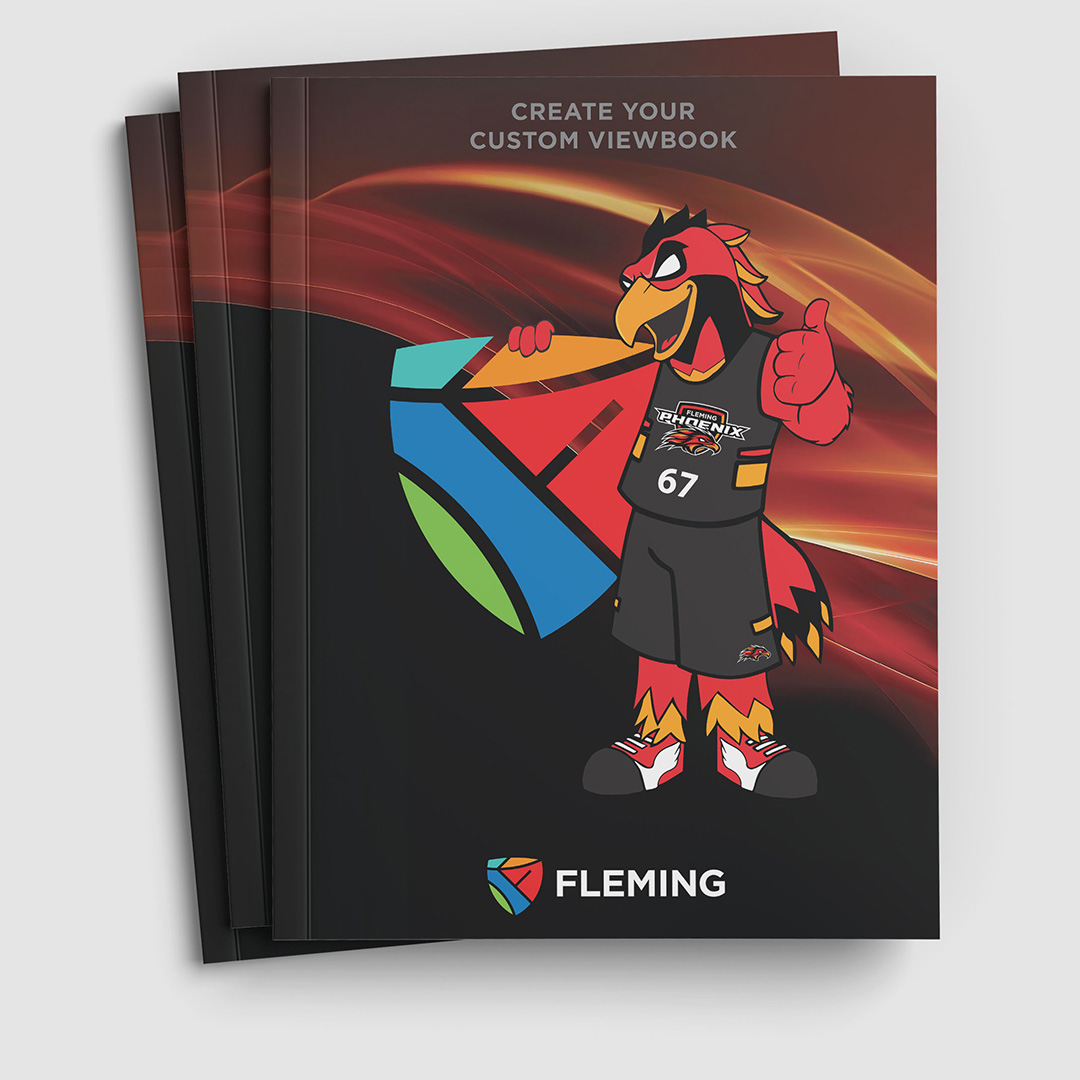Motive Power Technician – Recreational and Sport Vehicles (Co-op)
We are the only college in Ontario offering a diploma program with interdisciplinary training for aviation, marine, recreational vehicles, and small engine maintenance and repair. A co-op and in-school apprenticeship training ensures you will graduate with a head start on your career.
Program Information
Start Date
September 02, 2025
Domestic Availability
Accepting Applications
International Availability
Closed
CIP Code
47.0613
Program Code
RVC
Delivery
In Person, Hybrid
Credential
Ontario College Diploma
Academic School
Location
Program Contact
Domestic Tuition
$2808.88 per semester*
International Tuition
$9280.74 per semester*
Apply Now
Canadian StudentsView Curriculum
September 08, 2026
Domestic Availability
Coming Soon
International Availability
Coming Soon
CIP Code
47.0613
Program Code
RVC
Delivery
In Person, Hybrid
Credential
Ontario College Diploma
Academic School
Location
Program Contact
Domestic Tuition
$2808.88 per semester*
International Tuition
$9280.74 per semester*
*Domestic tuition amounts shown are from the 2025-2026 academic year and are subject to change.
*International tuition amounts shown are from the 2025-2026 academic year and are subject to change.
Apply Now
Canadian StudentsView Curriculum
With a focus on four areas of transportation maintenance this program is unique its breadth of skills training. Graduates will be in demand across various sectors including marine, aviation and recreational vehicles.
A co-op in semester 3 provides the opportunity for students to connect with employers and gain real-world work experience. Apprenticeship training within the curriculum allows students to pursue an apprenticeship when employed.
Students will receive in-school training aligned to Level 1 apprenticeship learning outcomes for:
- Small Engine Technician – 435A
- Marine Engine Technician – 435B
- Turf Equipment Technician – 421C
- Recreational Vehicle Technician – 690H*
* Students will have the ability to work toward their Red Seal equivalency.
Optional: RV-2 LPG Certification.
This is the only program of its kind in Ontario. Designed in partnership with marine, aircraft, recreational vehicle, and power sports businesses, the program has been endorsed by provincial and national industry associations.
We are pleased to offer this program with an Indigenous Perspectives Designation. See below for more information on this unique credential.
In addition to extensive hands-on learning and in-school apprenticeship training, students will participate in a co-op in semester 3, which provides valuable employment experience.
Due to the foundational training across various transportation sectors, graduates have a range of career options, including:
- Small Engine Technician
- Turf Equipment Technician
- Marine Technician
- RV Technician
- Aircraft Interior Technician
- Upholsterer
The Indigenous Perspectives Designation (IPD) is an option available to students in this program. To qualify for an IPD, you must take and successfully complete a series of required Indigenous Studies courses as well as participate in a minimum of four approved co-curricular Indigenous events or experiences. Your transcript will indicate the IPD upon graduation, a designation that provides you with a comprehensive understanding of Indigenous cultures, histories, traditions, and contributions to our shared society within the context of your program of study. The IPD provides a valuable skill set sought after in today's employment sector.
- Analyse, diagnose, and solve various motive power system problems by using problem-solving and critical thinking skills and strategies and by applying fundamental knowledge of motor vehicle operation, components, and their interrelationships.
- Diagnose and repair climate control systems in compliance with manufacturers recommendations.
- Diagnose and repair engine systems in compliance with manufacturers recommendations.
- Diagnose and repair engine systems in compliance with manufacturers recommendations.
- Diagnose and repair drive train components and systems in compliance with manufacturers recommendations.
- Diagnose and repair suspension, steering, and brake components and systems in compliance with manufacturers recommendations.
- Disassemble and assemble components to required specifications by applying workshop skills and knowledge of basic shop practices.
- Select and use a variety of troubleshooting techniques and test equipment to assess electronic circuits, vehicle systems, and subsystems.
- Apply knowledge of hydraulics and pneumatics to the testing and analysis of motive power systems and subsystems.
- Communicate information effectively, credibly, and accurately by producing supporting documentation to appropriate standards.
- Use information technology and computer skills to support work in a motive power environment.
- Prepare, support, maintain, and communicate data from log, record, and documentation systems.
- Apply business practices, project management skills, and communication skills to improve customer service.
- Assist in quality-control and quality-assurance programs and procedures.
- Develop and use personal and professional strategies and plans to improve professional growth, job performance, and work relationships.
- Complete all assigned work in compliance with occupational, health, safety, and environmental law; established policies and procedures; codes and regulations; and in accordance with ethical principles.
- Service and maintain Liquid Petroleum Gas (LPG) systems in compliance with government safety regulations, manufacturers recommendations and specifications and approved industry standards
- Perform heating, cutting, and welding techniques to repair and manufacture recreational transportation components in accordance with govt safety regulations, manufacturers recommendations and specifications and approved industry standards.
- Detail (clean, restore, and polish) various small engine, aircraft, marine, and RV components to enhance appearance while adhering to manufacturers' specifications.
- Service and maintain appliances in compliance with government safety regulations, manufacturers recommendations and specifications and approved industry standards.
Students applying to Motive Power Technician – Recreational and Sport Vehicles (Co-op) must meet the following requirements:
- OSSD with majority of credits at the Workplace (E) level including Gr 12 (E)English
PC / Windows
- Operating System:Windows 10
- Processor:Core i5 - 1.6Ghz minimum
- Memory:8GB minimum
- Hard Disk:160GB minimum
Internet Connection: 2.5 Mbps Download and 3.0 Mbps Upload (minimum)
Transfer Agreements
You may be able to use credits obtained at Fleming College to continue your postsecondary education in pursuit of a degree. The articulation and credit transfer agreements with our partner institutions are summarized here.
Bachelor of Arts in Educational Studies and Digital Technology
Requirement
- Minimum mid-70% cumulative program average.
Transfer Credit
- 60 out of a 120-credit degree.
- Refer to ONTransfer.ca for further details.
To apply please see the Ontario Universities' Application Centre (OUAC) website.
For more information
Visit the Ontario Tech University website for further articulation and program information.
Visit the ONTransfer.ca website for agreement information.
Bachelor of Arts in Psychology
Requirement
- Minimum mid-70% cumulative program average.
Transfer Credit
- 60 out of a 120-credit degree.
- Refer to Ontario Tech's website for further details.
To apply please see the Ontario Universities' Application Centre (OUAC) website.
For more information
Visit the Ontario Tech University website for further articulation and program information.
Bachelor of Commerce
Requirement
- Minimum mid-70% cumulative program average.
- Completion of the Ontario Tech Commerce Bridge.
Transfer Credit
- 45 out of a 120-credit degree.
- Refer to ONTransfer.ca for further details.
To apply please see the Ontario Universities' Application Centre (OUAC) website.
For more information
Visit the Ontario Tech University website for further articulation and program information.
Visit the ONTransfer.ca website for agreement information.
Bachelor of Interdisciplinary Studies
Requirement
- Minimum 65% cumulative program average.
Transfer Credit
- Entry into 5th semester standing in an 8-semester program.
- Refer to Seneca College's website for further details.
To apply please see the Ontario Colleges website.
For more information
Visit the Seneca College website for further articulation and program information.
Visit the ONTransfer.ca website for agreement information.
See the official articulation agreement.

